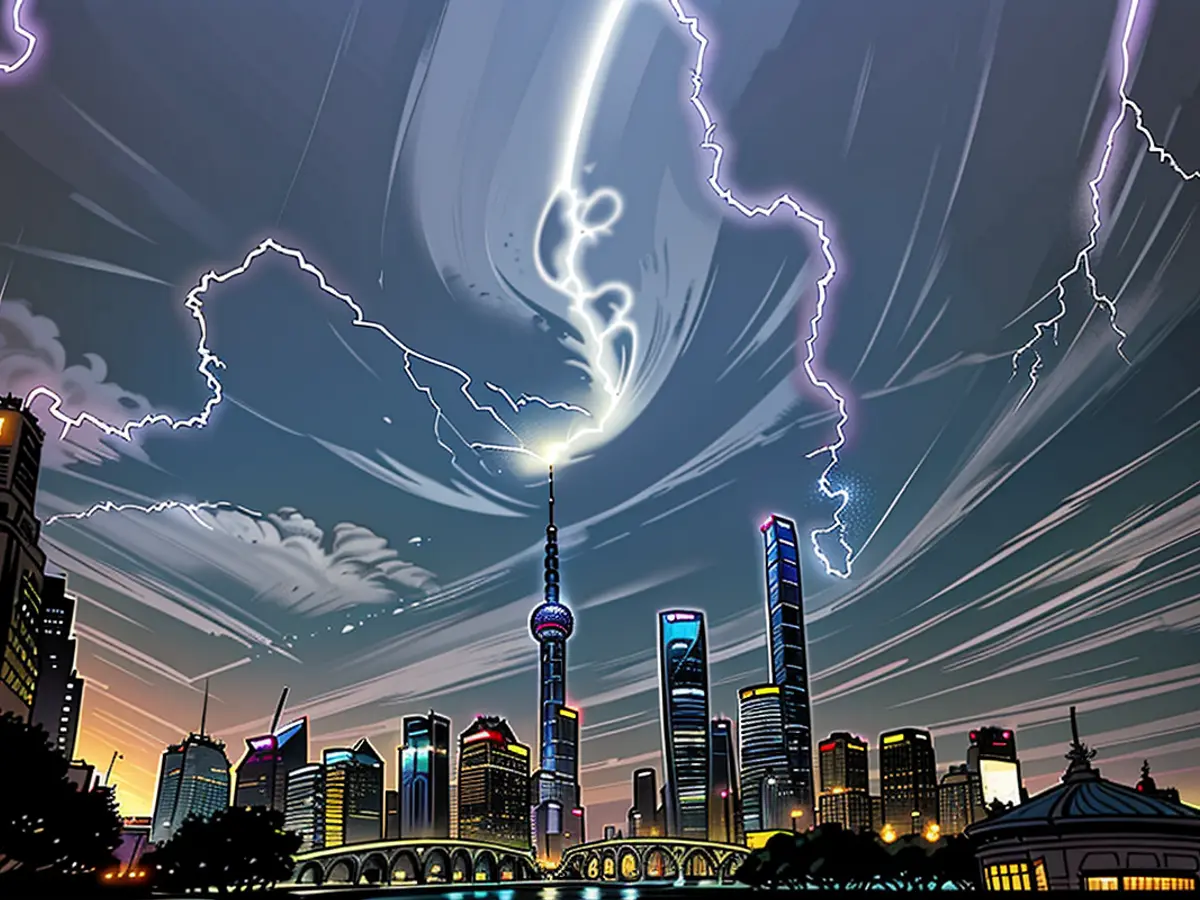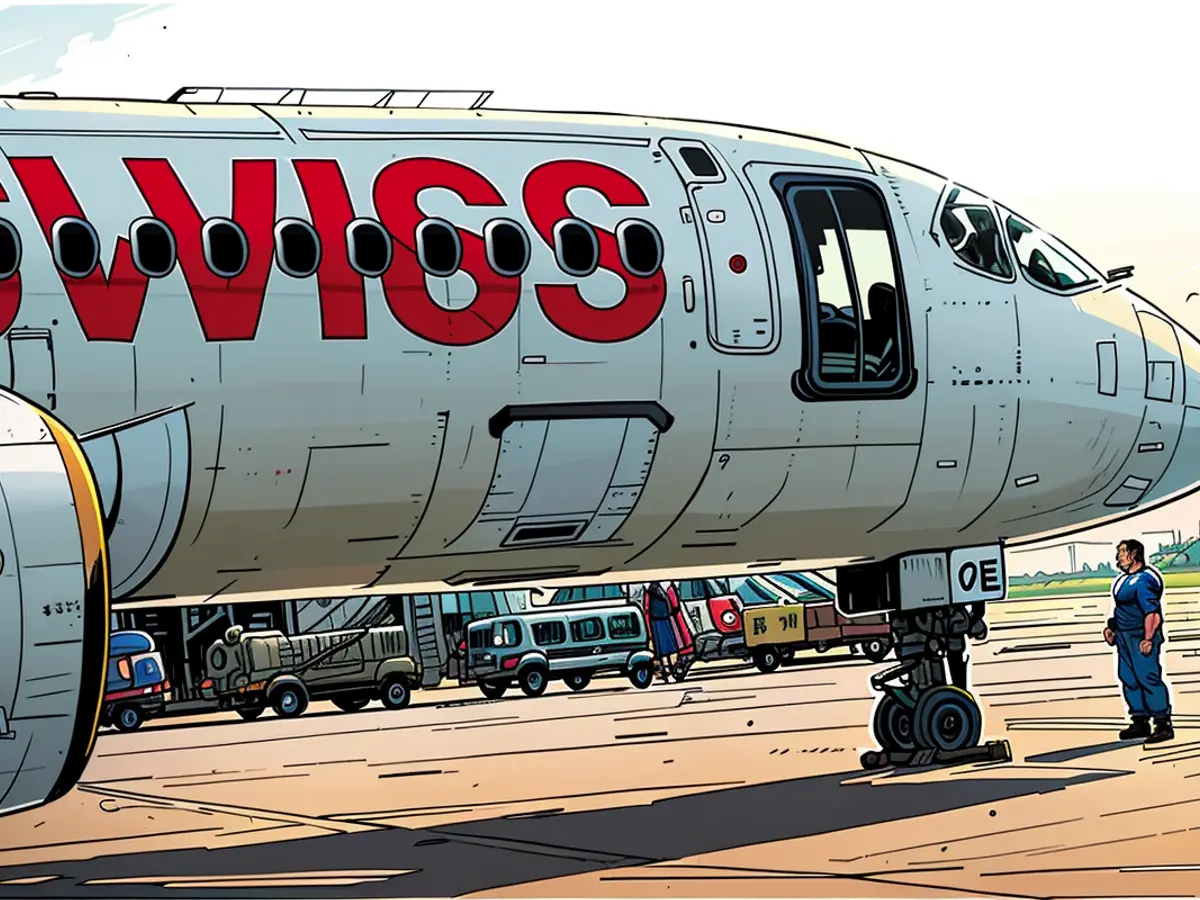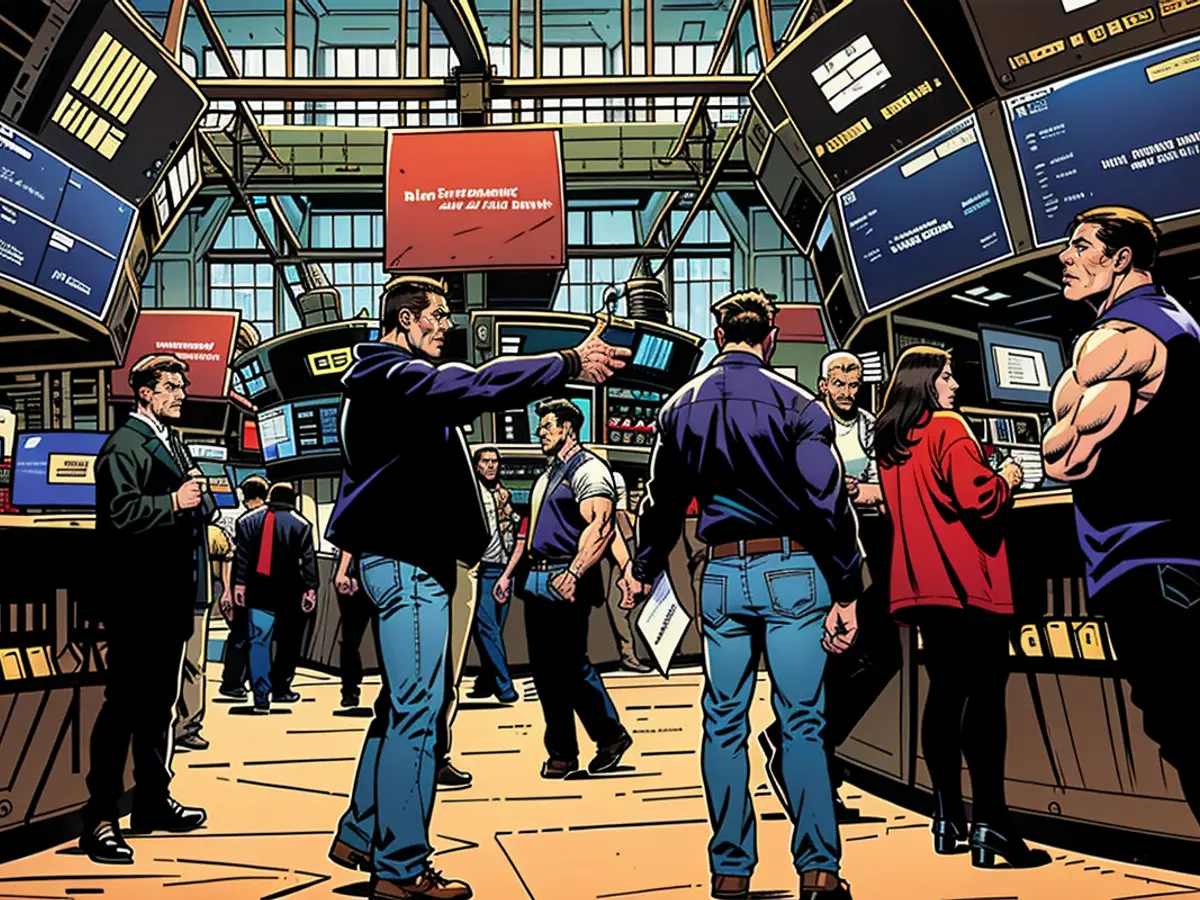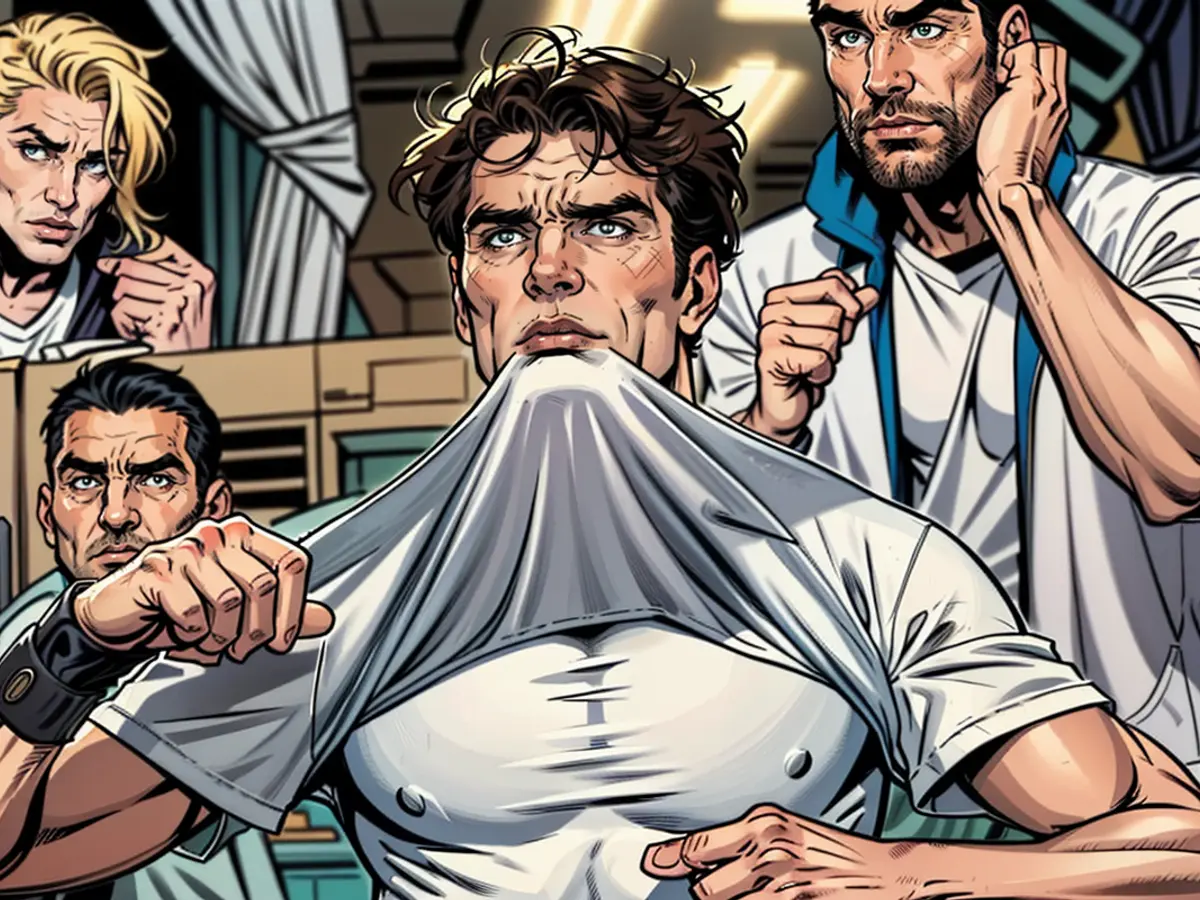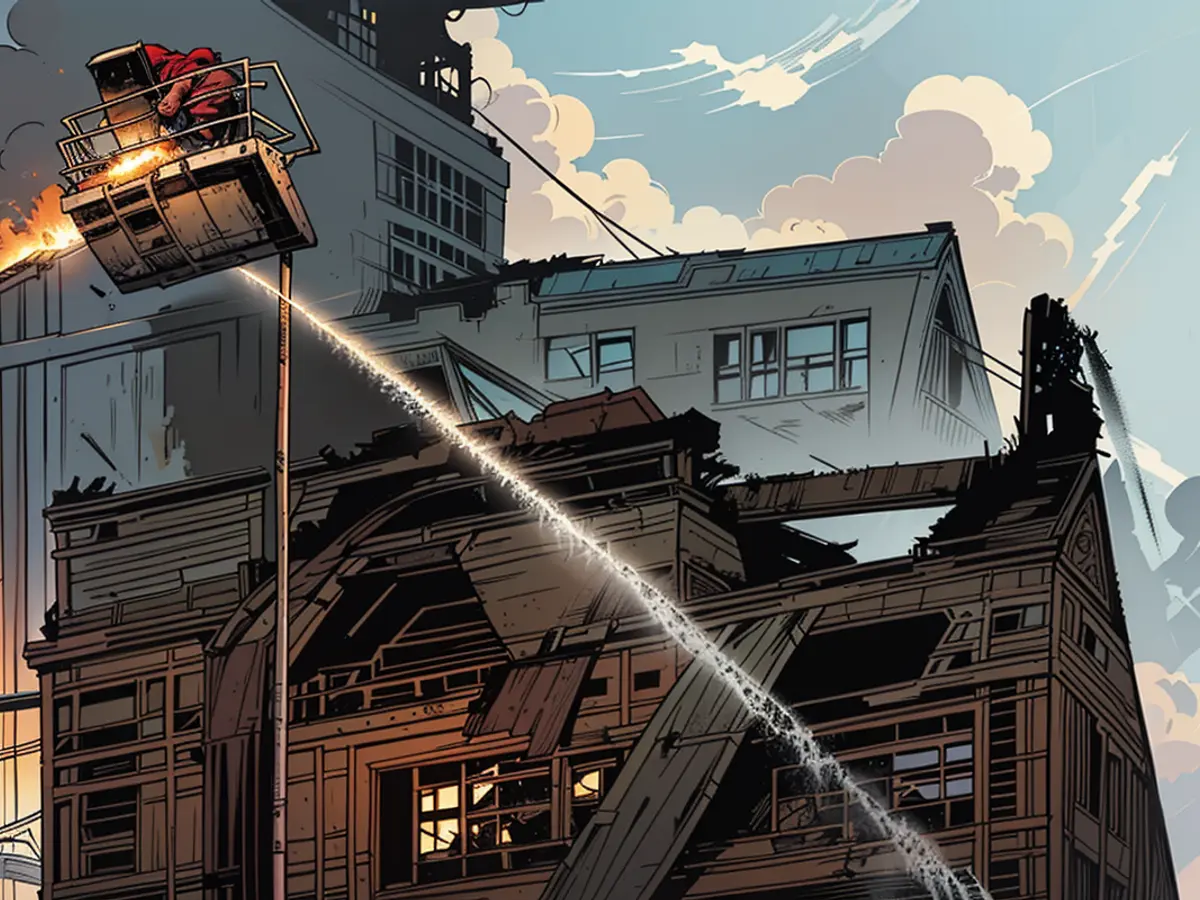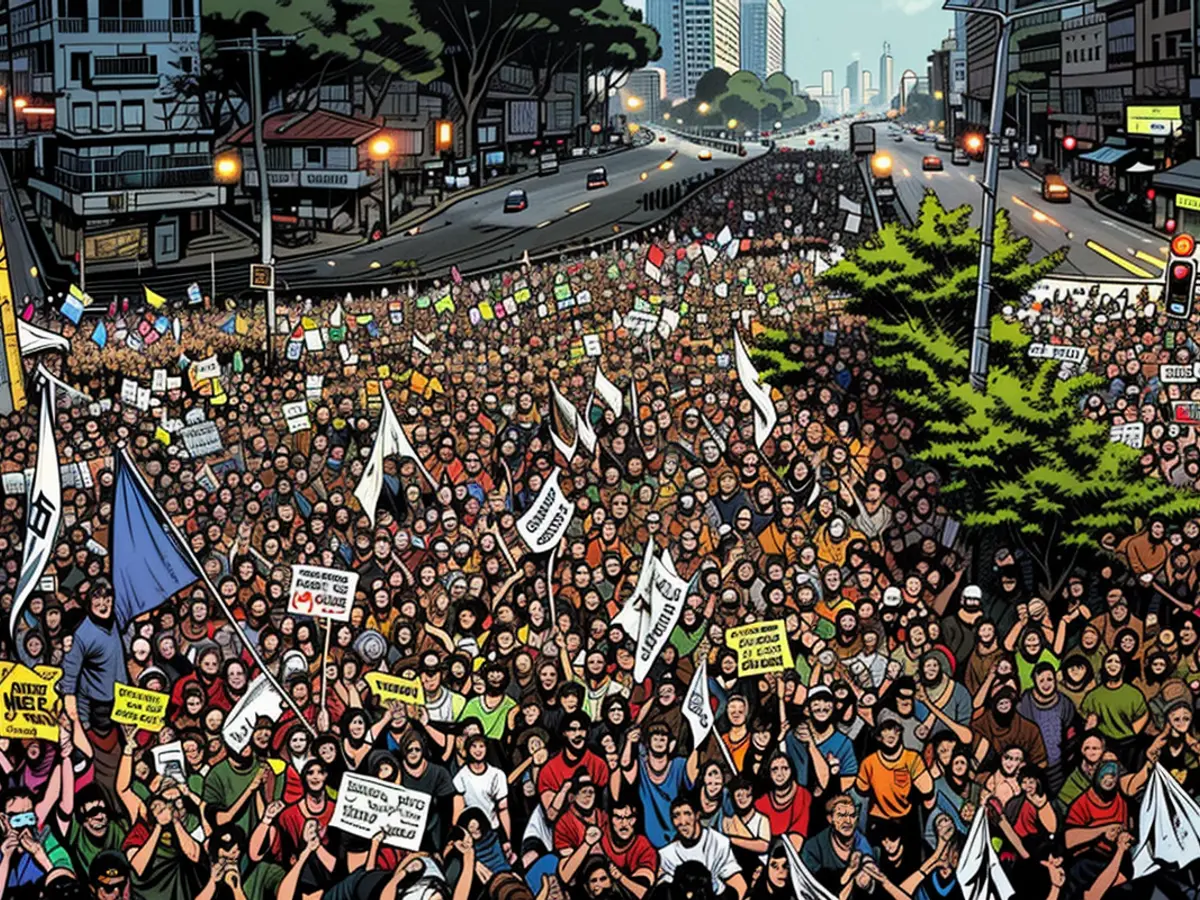China readies itself for another economic confrontation
No matter who wins the U.S. presidential election in November, China sees it as picking between two less favorable options. A fresh trade war with the U.S. is inevitable, bringing severe implications for the global economy.
During Trump's tenure, the U.S.-China trade spat was a hot topic. Unlike previous presidents, Trump tackled China's export incentives, property rights infringements, and low-cost exports. He implemented tariffs of up to 25% on Chinese goods. In retaliation, China imposed severe tariffs on U.S. agricultural products. This lengthy economic wrestling match, harming global growth and worrying the markets, came to a pause with summit meetings and a standstill.
If Trump secures another term in November, things may return to their fiery state. Even if Harris emerges victorious, a new trade war with China seems inevitable. Both candidates echo the desire to erect new trade barriers; it's just a question of how high and how leaky those barriers will be.
Despite contrasting views on abortion, taxes, and immigration, Trump and Harris share little variation in their China policies. After Trump departed from the White House, the Democrats mostly reversed his decisions, except for the machine washer tariffs, which expire in 2023, and minor adjustments to steel, aluminum, and solar panel imports. They preserved the heart of his trade policy, especially in relation to China.
The Biden administration has refined the tariff barriers. In May, it proposed additional tariffs of $18 billion on Chinese goods, including a 100% tax on electric vehicles. Harris may continue this policy. She denounces her opponent's tariff strategies as "Trump taxes" that could burden the average American family by up to $4,000 annually. Yet, she advocates for "targeted and strategic tariffs to bolster American workers, improve our economy, and keep our opponents in check."
"Two Harmful Potions" for China
Trump's plans, however, are more drastic: He proposes a base tariff of 10% on all imports and 60% on Chinese imports. Davos or not, it's heading towards a new confrontation with Beijing. "In economic and trade matters, both parties are treading the same path," a representative of a protectionist lobbying group told the New York Times. Whether it's Trump or Harris, "we're looking at a government of tariffs, and of industrial policy."
The gloomy outlook in Beijing shares this sentiment. "Trump and Harris are two harmful potions for China," the Financial Times quotes Zhao Minghao, a prominent international relations professor in the People's Republic. "Both view China as a rival, if not an adversary."
The uncertainty deepens with Harris's minimal foreign policy experience. She never visited China during her senate tenure or as vice president, and her encounters with Chinese leaders have been brief.
Nevertheless, China's leaders dread a second Trump term more than Harris's presidency. While the Democrats under Biden, and probably under Harris, strive to manage the conflict with Beijing carefully, avoiding excessive escalation, they aim to reduce strategic dependence on China, or "risk mitigation." They emphasize that these initiatives are based on "clearly articulated and narrowly defined national security interests" and will only affect "a few select sectors," as US Treasury Secretary Janet Yellen asserted during her visit to China last year.
In stark contrast, China's leaders fear that a re-elected Trump would aim to dismantle China, pursuing total victory in a new Cold War and eventually looking to change the regime in Beijing, according to Zhao, a politics professor, in a British newspaper. For Xi Jinping and the Communist Party, this would pose an existential threat. Though life in China under Harris may not be pleasant, Chinese foreign policy experts have recently summed up their sentiments in Foreign Affairs: "Beijing is approaching the U.S. election outcome with caution and limited hope."
If re-elected, Trump's tariffs on Chinese imports could escalate, causing further damage to the global economy. As Zhao Minghao, a prominent international relations professor, stated, "Trump and Harris are two harmful potions for China," with both candidates viewing China as a rival or adversary. However, China's leaders dread a second Trump term more, fearing he would aim for total victory in a new Cold War and potentially seek to change the regime in Beijing, posing an existential threat.
